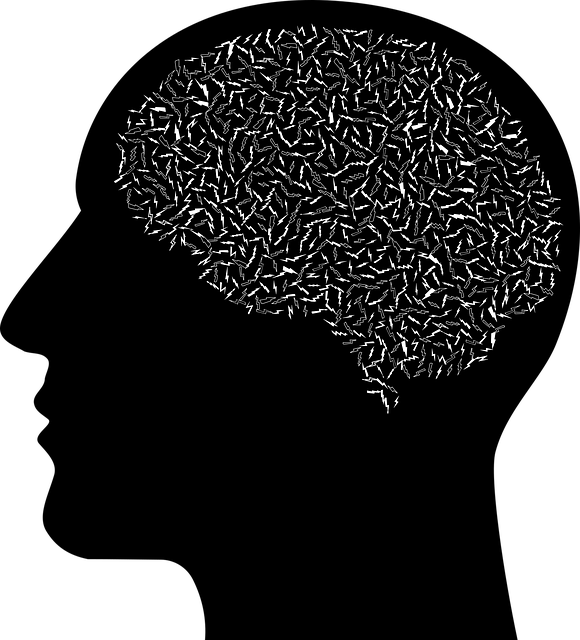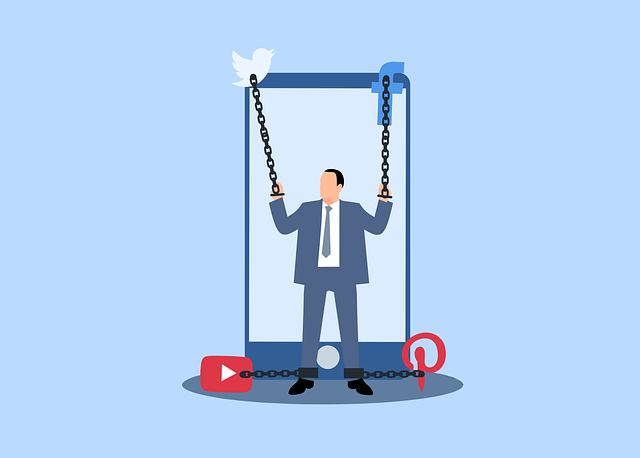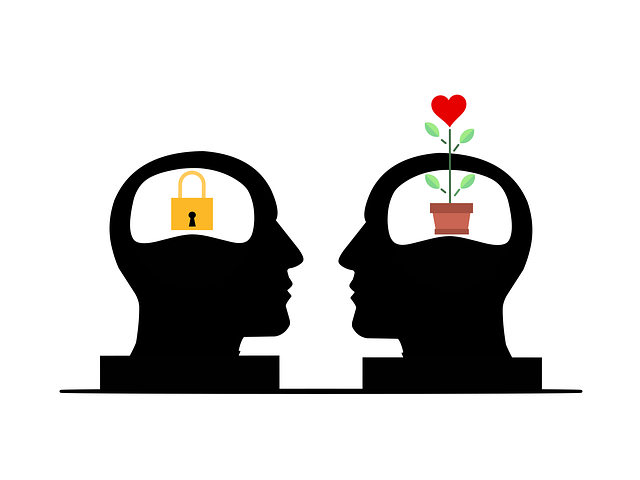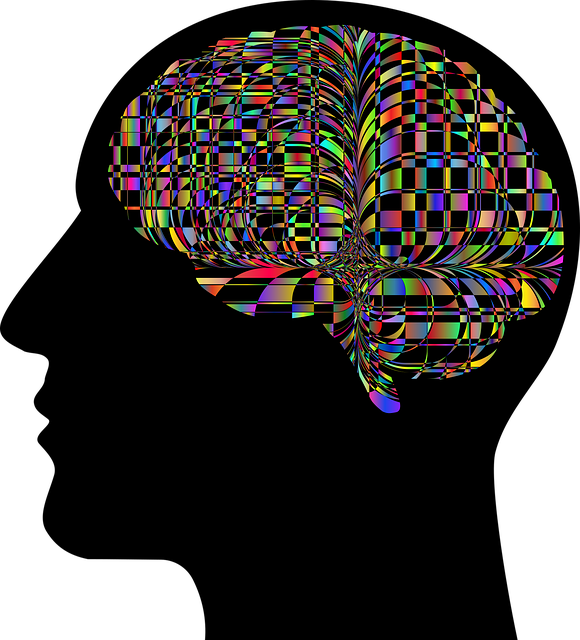Denver Learning Disability Therapy (DLDT) prioritizes cultural competency training to meet the diverse needs of its multicultural community. Through interactive workshops, role-playing, and case studies, therapists develop skills in cross-cultural communication, bias awareness, and risk assessment for sensitive patient care. Burnout prevention strategies, mindfulness, and self-care routines are integrated into the curriculum. Success is measured through improved patient outcomes, reduced stigma, and positive feedback, with regular workshops, peer mentoring, and data collection ensuring DLDT remains a leader in culturally responsive therapy in Denver.
In today’s diverse healthcare landscape, cultural competency is essential for delivering effective and equitable care. The article explores this critical aspect, focusing on Denver Learning Disability Therapy (DLDT) as a case study. We delve into the need for culturally competent practices within DLDT, offering insights on designing comprehensive training programs. Additionally, we present strategies for implementing and measuring success, emphasizing continuous improvement to ensure all patients receive the best possible care tailored to their unique cultural backgrounds.
- Understanding Cultural Competency in Healthcare: A Need for Denver Learning Disability Therapy
- Designing Effective Training Programs for Healthcare Providers
- Implementing and Measuring Success: Strategies for Continuous Improvement in Denver Learning Disability Therapy
Understanding Cultural Competency in Healthcare: A Need for Denver Learning Disability Therapy

Cultural competency is an essential aspect of modern healthcare that goes beyond treating symptoms; it involves understanding and respecting diverse cultural backgrounds and beliefs among patients. In Denver, where a vibrant and multicultural community thrives, access to sensitive and tailored healthcare services has become increasingly vital, especially for specialized areas like learning disability therapy. The need for Denver Learning Disability Therapy (DLDT) professionals to possess high levels of cultural competency is evident due to the region’s diverse population.
Effective communication strategies and risk assessment techniques are crucial components of cultural competency training. By implementing burnout prevention strategies for healthcare providers, DLDT therapists can enhance their ability to connect with patients from various ethnic, racial, and socio-economic groups. This approach ensures that every patient receives care that considers their unique cultural context, fostering trust and positive health outcomes.
Designing Effective Training Programs for Healthcare Providers

Designing effective training programs for healthcare providers is a multifaceted process that requires careful consideration of diverse learning styles and cultural contexts. At Denver Learning Disability Therapy, we understand the importance of tailored education to address the unique challenges faced by healthcare professionals in an increasingly multicultural society.
Our approach focuses on creating immersive experiences that go beyond traditional lectures. We incorporate interactive workshops, role-playing scenarios, and real-life case studies to engage participants actively in learning. By fostering open discussions around cultural nuances, bias awareness, and effective communication strategies, we empower healthcare providers to deliver more empathetic and culturally competent care. Additionally, we emphasize the importance of self-care routine development for better mental health, incorporating practices like mindfulness meditation and inner strength development to support professionals’ well-being in high-pressure environments.
Implementing and Measuring Success: Strategies for Continuous Improvement in Denver Learning Disability Therapy

Implementing effective cultural competency training within Denver Learning Disability Therapy (DLDT) is a multifaceted process that demands strategic planning and continuous evaluation. Success lies in creating an environment where therapists not only understand diverse cultural backgrounds but also actively apply this knowledge to enhance patient care. To achieve this, DLDT should adopt a comprehensive approach, incorporating regular workshops, case study discussions, and peer mentoring programs. These initiatives foster an ongoing learning culture, encouraging therapists to reflect on their practices and adapt accordingly.
Measuring the success of these efforts involves setting clear performance indicators tied to improved patient outcomes and reduced Mental Illness Stigma Reduction Efforts. Regular feedback mechanisms, such as patient surveys and clinical supervision sessions, can provide valuable insights. Additionally, promoting Inner Strength Development through mental wellness journaling exercises can offer therapists a personal growth avenue while gathering qualitative data on their cultural competence journey. This dual focus—on professional development and patient satisfaction—ensures that DLDT remains at the forefront of culturally responsive therapy in Denver.
Cultural competency training is a game-changer in healthcare, especially in diverse cities like Denver. By implementing comprehensive programs that cater to the unique needs of individuals with learning disabilities, Denver Learning Disability Therapy can enhance patient outcomes and foster an inclusive environment. Through continuous evaluation and adaptation, these training initiatives ensure that healthcare providers are equipped to deliver sensitive, effective care, ultimately improving the overall well-being of the community.









